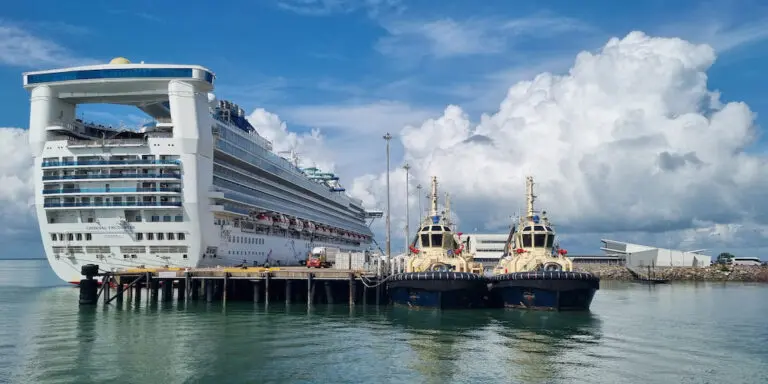The Global Destination Sustainability Index (GDS-Index) has released its 2023 results, showing growth in city and destination management organisations joining the movement.
In 2023, the GDS-Index reports that it “experienced significant growth” with 42 new DMOs joining. The organisation says this growth sends “out a clear message about the will to change.”
The GDS-Index is conducted using a third-party evaluation of a destination’s environmental, social, supplier and destination management performance. The benchmark serves to rank global destinations based on their sustainability performance.
Guy Bigwood, CEO & Chief Changemaker at GDS-Movement states in the published executive summary of the Index results: “Linear and extractive business models are no longer sustainable or relevant in the tourism industry. Cities and destination management organisations participating in the GDS-Index advocate for a regenerative and inclusive transformation, emphasising the need for new mindsets, skill-sets, and toolsets.”
The longer-standing destinations committed to a sustainable agenda are acknowledged in the report, with Bigwood saying it has created a ripple effect to inspire more positive action around the world.
“Vague environmental claims and greenwashing are no longer acceptable. Stakeholders, from legislators to travellers, demand genuine environmental and social stewardship. It’s our collective responsibility to act and bring about meaningful change,” said Bigwood.
The 2023 Global Destination Sustainability Index

This year’s index features 100 global destinations, including 42 new cities.
An increasing diversity of cities, both large and small, was observed in the Index.
Some 37 per cent of the Index is comprised of large cities that consistently score the highest across all four categories. Small cities make up 29 per cent of the list, medium cities account for 21 per cent. There is another 12 per cent that are metropolis and there is one mega-city.
Nordic tops the list
Gothenburg, Sweden has topped the entire Global Destination Sustainability Index, taking out the leading position for the seventh time. Norway’s capital Oslo made a big jump from 10th to second place, following its improved strategy and implementation work. Copenhagen remained in third position, while Helsinki rose to fourth position from 12th last year. Bergen in Norway’s southwestern coast ranked in fifth place.
Growth across other regions

Out of the Top 40, 17 cities were from Western Europe; one city from North America (Montreal); and seven Asia Pacific cities (Goyang, Singapore, Songkhla, Melbourne, Sydney, Bangkok and Brisbane).
New entrant Songkhla in southern Thailand jumped in at number 23, which GDS Index states is testament to the work Thailand Convention & Exhibition Bureau (TCEB) has been doing over the years.
Singapore jumped to position 18 this year, as is delivering on their commitment to become a world class leader in sustainable tourism and events.

The Top 40
- Gothenburg, Sweden
- Oslo, Norway
- Copenhagen, Denmark
- Helsinki, Finland
- Bergen, Norway
- Aarhus, Denmark
- Aalborg, Denmark
- Glasgow, Scotland
- Bordeaux, France
- Stockholm, Sweden
- Belfast, Ireland
- Zurich, Switzerland
- Lyon, France
- Goyang, South Korea
- Tirol, Austria
- Middelfart, Denmark
- Singapore
- Nyborg, Denmark
- Kerry, Ireland
- Skelleftea, Sweden
- Paris, France
- Odense, Denmark
- Songkhla, Thailand
- Bilbao, Spain
- Tampere, Finland
- Cork, Ireland
- Melbourne, Australia
- Faroe Islands, Kingdom of Denmark
- Sydney, Australia
- Svenborg, Denmark
- Berlin, Germany
- Brussels, Belgium
- Montreal, Canada
- Barcelona, Spain
- Bangkok, Thailand
- Geneva, Switzerland
- Brisbane, Australia
- Clare, Ireland
- Galway, Ireland
- Milan, Italy







